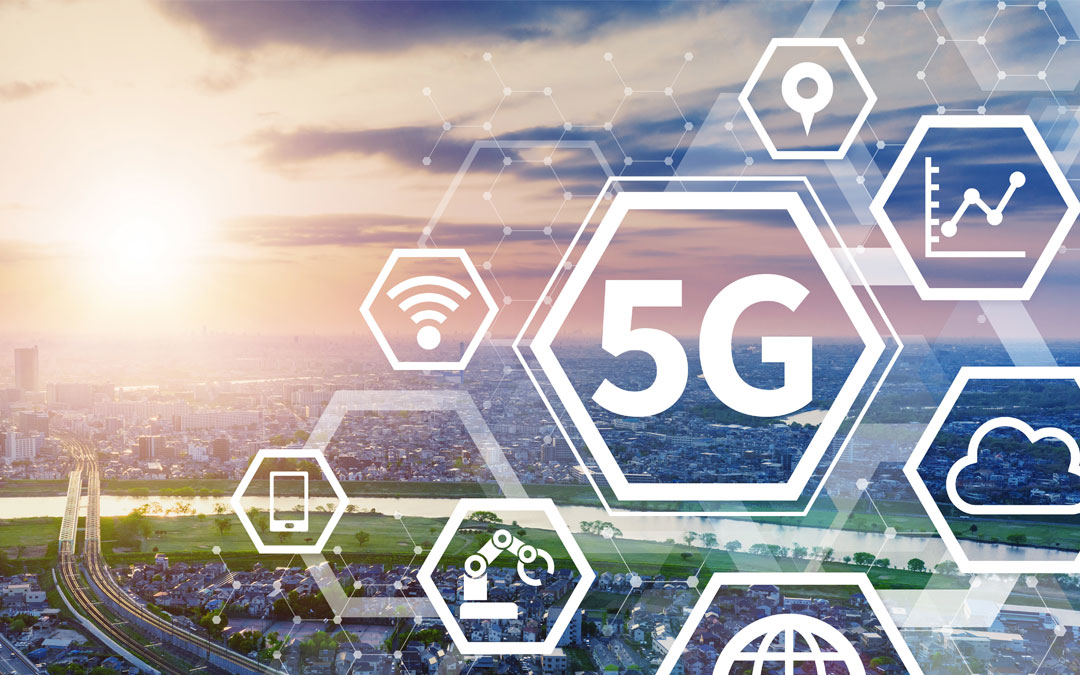Mobile communication is now a natural part of everyday life. Whether at work or at home, at home or on the move, smart mobile devices have become a useful and reliable companion for many people. But the economic and regional political importance of fast mobile communications is also growing: a future-proof mobile communications infrastructure forms the basis for new digital applications and the competitiveness of regions. Germany therefore needs high-performance, nationwide mobile communications coverage so that all citizens and companies throughout the country can benefit from the advantages of digitization, regardless of structural and topographical conditions. Whether urban or rural, high-performance mobile networks form the backbone for the innovations of tomorrow.
For this reason, the German government adopted the mobile communications strategy presented by the Federal Minister of Transport and Digital Infrastructure at the digital conference in Meseberg in November 2019 in order to accelerate the expansion of mobile communications in Germany and lay the foundation for 5G expansion with nationwide LTE coverage.
As part of the Federal Government’s economic stimulus and future package to tackle the coronavirus pandemic adopted on June 3, 2020, the expansion of 5G in Germany will receive long-term support in order to achieve the objectives agreed in Meseberg. To this end, it is planned to provide the new federal mobile communications infrastructure company (MIG) with funds amounting to five billion euros to drive forward the expansion in the white spots of mobile communications coverage and, on this basis, to have a nationwide 5G mobile communications network available in Germany by 2025.
In addition to comprehensive packages of measures for the concerted and accelerated expansion of mobile networks, the mobile communications strategy also includes a communication initiative on mobile network expansion and 5G in order to inform citizens transparently and objectively about the expansion of mobile communications in the area. To this end, an initial information page has already been set up on the website of the Federal Ministry of Transport and Digital Infrastructure (BMVI). A comprehensive information initiative with offers for local dialog is currently being developed.
But why is such a dialog with local citizens, companies and politicians necessary at all? After all, nationwide mobile phone coverage is an important factor for Germany as a business location and also secures the ability to innovate in the future and thus also jobs in the country in the long term. This is primarily due to health concerns. In particular, 5G technology, which will make these new fields of innovation possible in the first place, will significantly increase the number of mobile communications sites required to provide new services in a usable way across the country. However, uncertainties regarding the social impact of a more comprehensive digitalization of other areas of our lives in the future are also reservations that need to be dispelled. After all, automation often does not necessarily mean the loss of jobs, but can instead mean an increase in added value and, as a result, the creation of new jobs through innovative business areas. Municipal representatives in particular are faced with a double challenge in view of these diverging interests. On the one hand, they are trying to keep a future-proof infrastructure, including high-speed mobile communications, available locally in order to strengthen their own location and keep local companies competitive. On the other hand, protests are forming against expansion projects.
The fear of increased exposure to radiation and the associated possible adverse health effects are concerns that must be taken seriously. The same applies to reservations about new applications and services that may not be self-explanatory at first glance. Transparent and unbiased information and education on the function and mode of action of mobile communications is therefore an important element in achieving broad acceptance for the necessary expansion among the population and at the same time highlighting the associated opportunities. Therefore, the approach of the communication initiative of seeking dialog locally and providing information face-to-face is certainly the right way to provide targeted information where questions arise about the expansion with mobile communications and 5G. First of all, of course, this includes basic information on how 5G technology works and how it is implemented in existing mobile networks as an information component. The various model projects within the framework of the BMVI’s 5x5G innovation competition, which illustrate the diverse range of possible applications of 5G technology in its full spectrum, can also be important elements that go beyond this: From industrial applications to life-saving systems and agricultural applications, they can vividly demonstrate the benefits of 5G expansion for each individual in their respective area of life.

